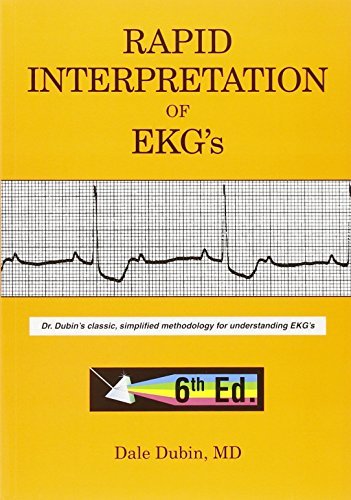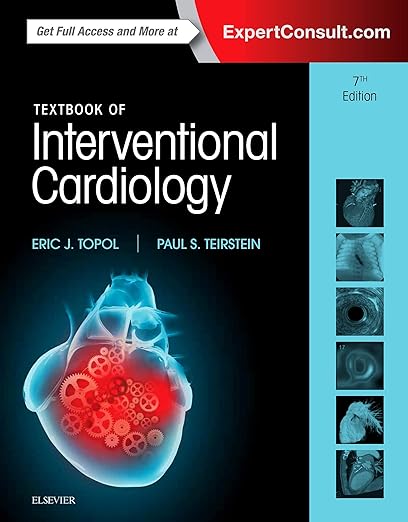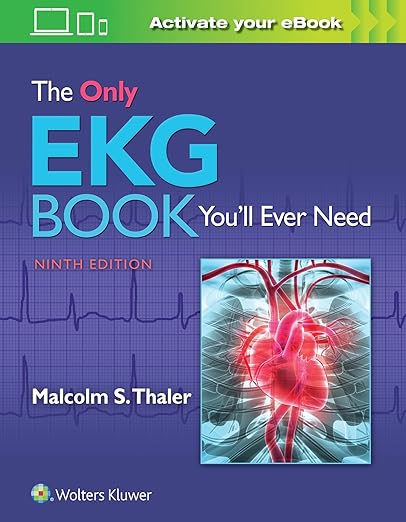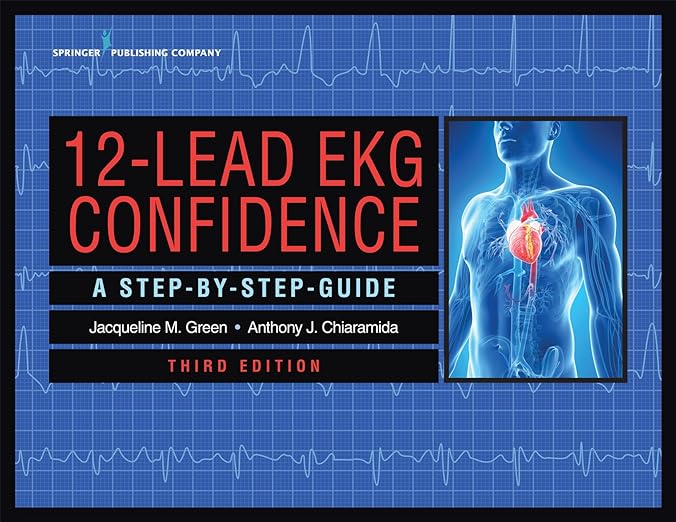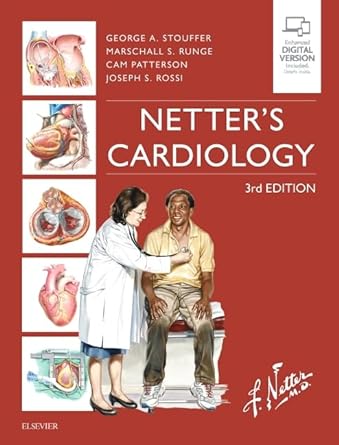A new trial has shown that rivaroxaban is superior to aspirin for the treatment of coronary heart disease and PE. The study, known as COMPASS, looked at a placebo-controlled trial comparing the effects of Rivaroxaban and aspirin. It included over 30,000 patients from 33 countries and more than 600 centres. It found that the drug reduced the risk of recurrent stroke and DVT by as much as 50%.
The trial also found that rivaroxaban was more effective in preventing major bleeding than aspirin, with no excess risk of fatal bleeding and no increase in major bleeding. Although the drug did not show superiority over aspirin, the researchers still recommend that the drug be used as directed by a physician. The study authors also suggested that a dedicated secondary stroke prevention trial would be necessary.
The new drug has been approved for primary and secondary prevention of atherosclerotic heart disease. Its approval is based on the safety and efficacy of large phase III trials. The compass trial was the first to show that Rivaroxaban is superior to aspirin for preventing atherothrombotic events. It has been used as a treatment for symptomatic PAD, and in people with coronary artery disease.
This trial also looked at the efficacy of rivaroxaban in patients with nonvalvular AF and symptomatic VTE. Both drugs are effective in reducing the risk of major bleeding and preventing the occurrence of recurrent thrombotic events. The safety of rivaroxaban has been proven in numerous clinical studies.
The TIMI study showed that rivaroxaban monotherapy was significantly safer than aspirin in patients with recent PCI. The rivaroxaban monotherapy group had less bleeding and no major ischemia. However, the antiplatelet therapy group had a higher risk of bleeding than the rivaroxaban-only group. The findings suggest that rivaroxaban monotherapy may be superior in patients with remote invasive PCI.
The study showed a superiority of rivaroxaban over aspirin in patients with ACS. In the ATLAS ACS-TIMI trial, rivaroxaban was given to the patients with aspirin. In the second trial, rivaroxaban was added to the aspirin, but the dose of both drugs was similar. The primary efficacy endpoint was a composite of cardiovascular death.
The ATLAS ACS-TIMI 51 trial concluded that rivaroxaban showed superiority over aspirin in patients with ACS and a lower risk of stent thrombosis. In this study, the combined dose of rivaroxaban with aspirin significantly decreased stent thrombosis and reduced CV mortality.
A Phase 3 COMPASS trial of rivaroxaban for the prevention of cardiovascular events has concluded that the drug is superior to aspirin in this population. The study found that rivaroxaban was superior in preventing MACE, MI, and stroke, a key risk factor for CV events. The trial also found that rivaroxaban was better tolerated than aspirin in patients with LV dysfunction.
The trial included 111 of 3997 patients who had Pe. One hundred and fifty-seven patients received enoxaparin. The enoxaparin-aspirin group had 167 patients. The primary efficacy outcome event of the trial was the presence of recurrent PE. The safety profile of rivaroxaban was also favorable. The drug’s onset of action was rapid and there were no significant adverse effects.
A new study has shown that rivaroxaban shows superiority over aspirin in patients with coronary and PE. It was more effective than aspirin, with less risk of stroke and lower bleeding rates. The two studies were performed on the same population. The treatment arms included both men and women. The RIVA trial was completed by a randomized-controlled crossover design. The other arm included a placebo group.

